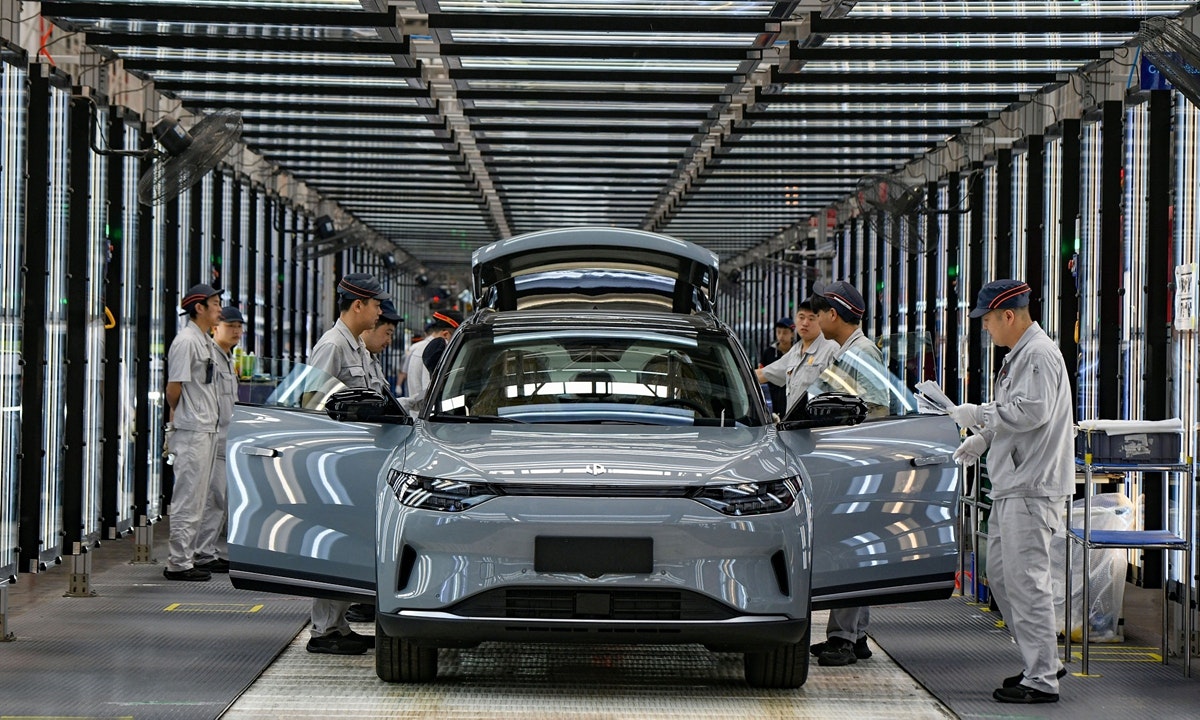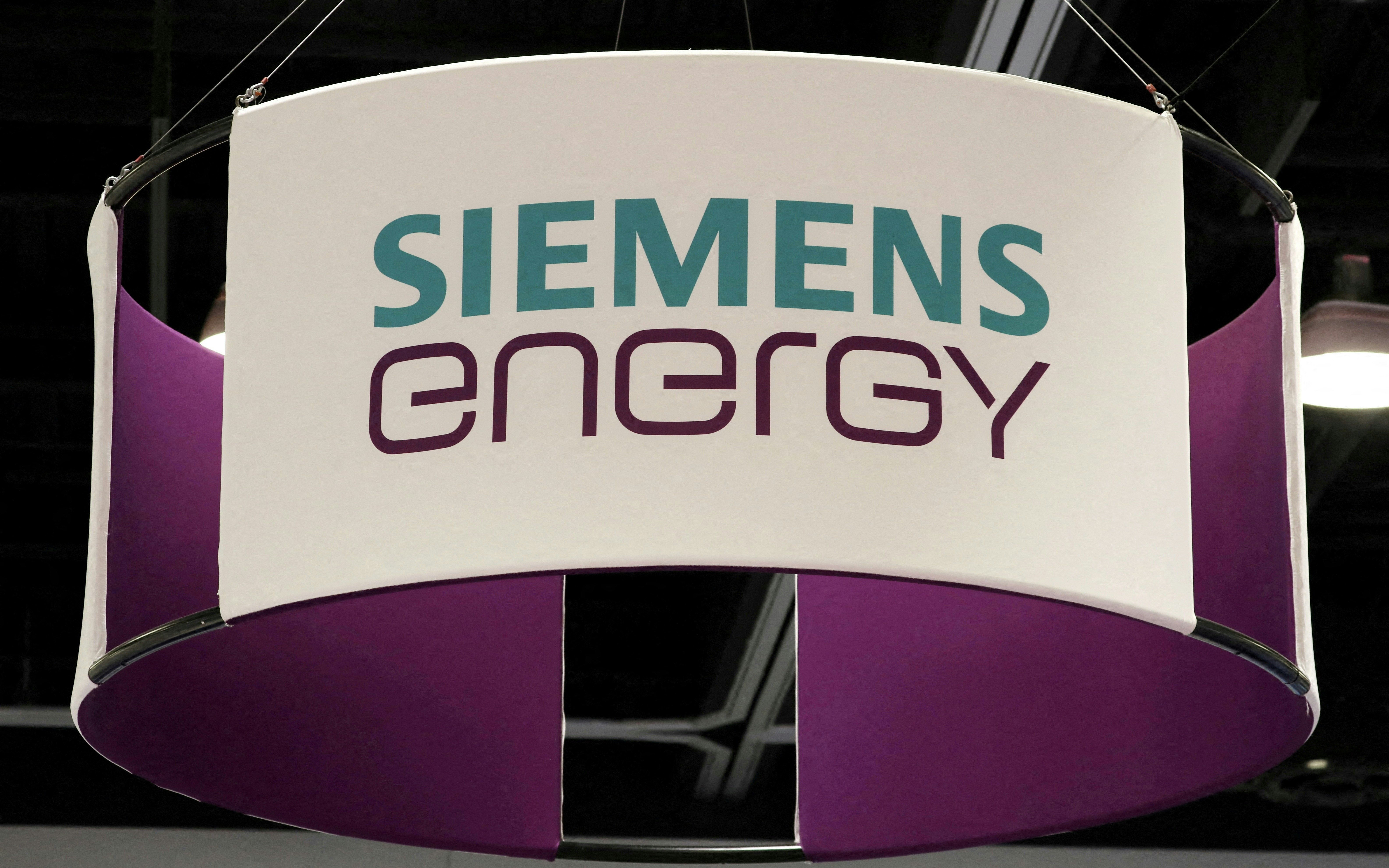China's electric car giants have had to endure a massive setback in Europe. New EU tariffs, which increase import costs by up to 35%, are pushing the market shares of Chinese manufacturers like MG and BYD to their lowest level since March. But while some are faltering, one name is relentlessly reaching for the crown: BYD.
A hard hit for MG – and the reason is called Brussels
At the end of October, the EU tightened trade conditions and imposed punitive tariffs on imported Chinese electric cars. The reason: According to the EU, China's state subsidies give its manufacturers an unfair competitive advantage. The consequence? A drastic price increase for all electric cars manufactured in China – even for Western brands like BMW and Tesla.
MG, once the icon of British sports cars and now owned by the Chinese state-owned enterprise SAIC, is hardest hit. With a penalty charge of a total of 45%, MG faces massive difficulties. The result: The manufacturer's new registrations in Europe fell by 58% in November compared to the previous year, according to data from Jato Dynamics.
BYD defies the crisis – and focuses on customer loyalty
While MG struggles, BYD seems to navigate the storm confidently. The manufacturer's registrations in Europe increased impressively by 117% in November to almost 4,800 vehicles. One detail stands out: Around 80% of these registrations are attributable to private and commercial customers. "BYD is taking over the market while MG is left behind," comments Julian Litzinger of Dataforce.
What makes BYD so successful?
Tariffs, Resistance and Europe's Carmakers on the Defensive
EU tariffs are meant to protect the domestic automotive industry, which is in the midst of a technological upheaval. The transition to electric cars, once hailed as a secure shift, has stalled in many places in 2024. Germany, France, and Italy in particular see Chinese competitors as a serious threat – and for good reason.
With lower production costs and strategic support from the Chinese state, manufacturers like BYD and MG were able to offer lower prices for a long time. However, the introduction of tariffs has significantly weakened this advantage.
In Germany and France, the largest car markets in the EU, the new registrations of Chinese EVs in November fell by more than half compared to the previous year. However, the UK remains a bright spot: since the country has not adopted the EU tariffs, Chinese manufacturers are reporting growth of 17% there.
The pressure is mounting: Production in Europe becomes inevitable
For Chinese manufacturers, it's clear: To succeed long-term in Europe, local production is necessary.







